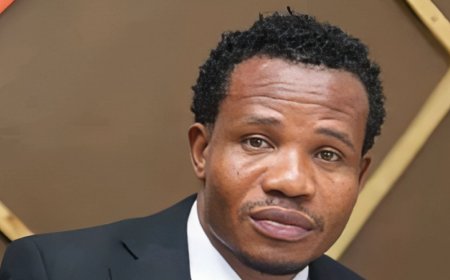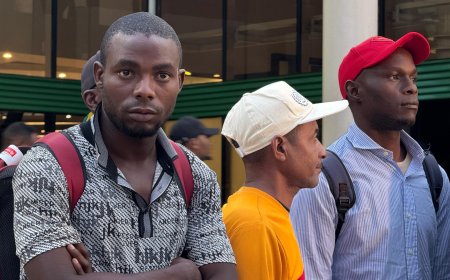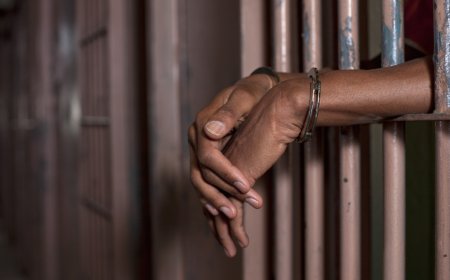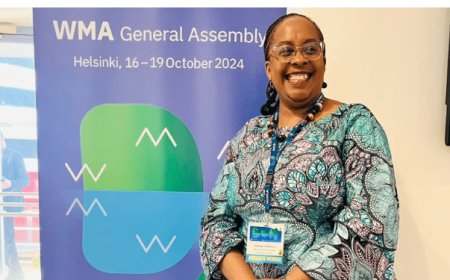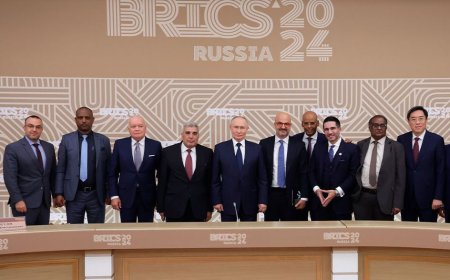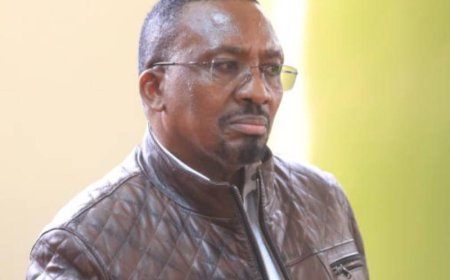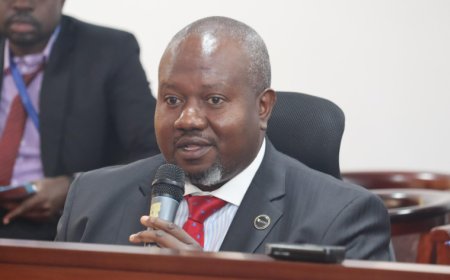The MSS mission, spearheaded by Kenya has successfully reclaimed several areas, although progress is being hindered by a lack of resources.
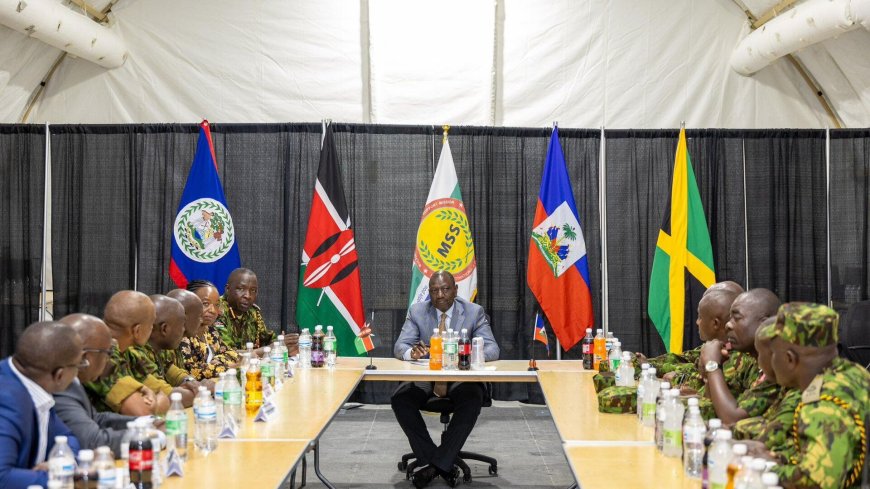
While Haiti hasn't been in a continuous state of war, it has endured numerous phases of internal strife, political unrest, and external intervention. Presently, Haiti is struggling with severe social and political issues, including gang violence, widespread poverty, and a fragile government. Much of the conflict is localized, driven by criminal and political groups.
In response to the escalating violence, the United States and the United Nations have coordinated international efforts, leading to the deployment of police and personnel from Kenya, Jamaica, and Belize to combat the gangs terrorizing Haitian communities. The mission has successfully reclaimed several areas, although progress is being hindered by a lack of resources.
The UN Security Council recently extended the mandate of the Multinational Security Support (MSS) mission, originally set to end on October 2, 2024, to October 2, 2025, under resolution 2699 (2023). The Council urged Haiti and the MSS leadership to provide regular updates to both the Security Council and the UN Secretary-General on the mission’s advancements.
Acting under Chapter VII of the UN Charter, the Security Council also expressed its intent to consider a UN Peacekeeping Operation to assist the Haitian National Police in maintaining security, ensuring the MSS mission’s gains are sustained.
The MSS mission, spearheaded by Kenya, faces significant financial challenges, as member states have only contributed USD 67 million (Sh8.6 billion) out of the pledged USD 84 million (Sh10.8 billion) to the UN Trust Fund. The mission is projected to require up to 2,500 police personnel, deployed in phases, with an estimated annual cost of USD 600 million. UN Secretary-General António Guterres praised Kenya, Belize, and Jamaica for their efforts in restoring stability in Haiti during a ministerial meeting on Wednesday. The MSS mission, approved by the Security Council on October 2, 2023, remains a non-UN mission, funded by member states.
What's Your Reaction?







